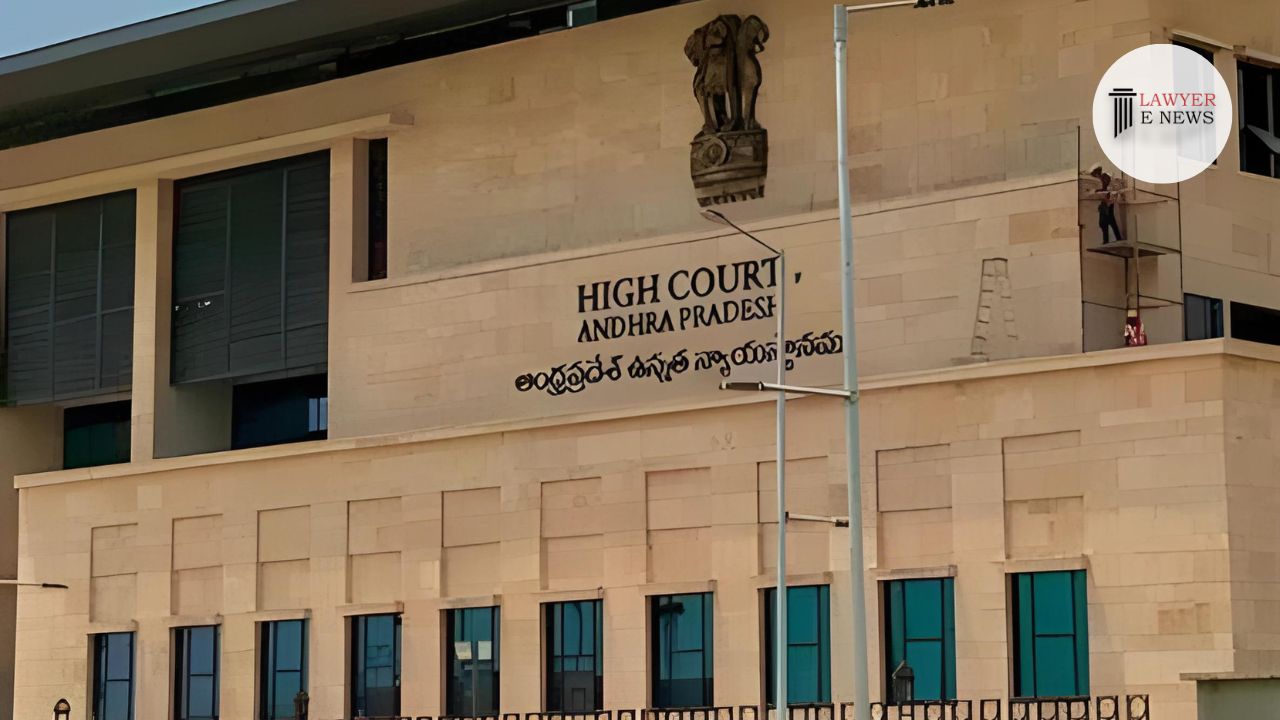-
by Admin
15 February 2026 2:36 AM



High Court reverses appellate court’s decision, reaffirms trial court’s decree on plaintiff’s title and possession over disputed property. The Andhra Pradesh High Court has reinstated the trial court’s judgment granting a permanent injunction in favor of the appellants in a long-standing property dispute case. The decision, delivered by Justice Dr. V.R.K. Krupa Sagar on June 19, 2024, overruled the first appellate court’s judgment which had denied the permanent injunction despite affirming the plaintiff’s title to the property.
The case centers on a piece of property initially owned by Inti Ramaswamy and later transferred to the appellant, Chenna Bhoolaka, through a registered gift deed (Ex.A.1). The appellant sought a declaration of title, possession, and a permanent injunction against the defendants, who claimed adverse possession of the property for over four decades. The trial court granted the declaration and injunction, but the first appellate court reversed the injunction, leading to the present appeal.
The High Court criticized the first appellate court’s reliance on inadmissible evidence to deny the injunction. It underscored the necessity for the documents (Ex.B.1 to B.6) to be supported by witness testimony, which was absent in this case. “The reliance on unverified photographs and certificates without the testimony of the issuing authorities is a grave error,” Justice Sagar noted.
Justice Sagar emphasized the legal principle that possession follows title. “The concurrent findings affirming the plaintiff’s title naturally extend to her possession unless substantial evidence indicates otherwise,” the judgment stated. The court found no merit in the defendants’ claims of adverse possession, as they failed to demonstrate uninterrupted possession for the statutory period.
Both the trial court and the first appellate court had previously rejected the defendants’ claims of adverse possession. The High Court concurred, noting a lack of evidence to support the defendants’ assertion of possession for over 12 years. “The defendants did not establish any dispossession of the plaintiff after the transfer under Ex.A.1,” the court observed.
The court’s decision hinged on the proper interpretation and application of legal principles concerning title and possession. Justice Sagar articulated, “In cases where the title is clear, possession should follow unless convincingly proven otherwise by the opposing party. The plaintiff’s title and the subsequent transfer of possession under Ex.A.1 are indisputable, and the first appellate court erred in its interpretation.”
Justice Sagar remarked, “The possession she obtained under Ex.A.1 shall be construed to continue as a matter of fact in terms of illustration (d) of Section 114 of the Indian Evidence Act, 1872.”
The High Court’s judgment reinstates the trial court’s decree, thereby granting a perpetual injunction against the defendants from interfering with the plaintiff’s possession of the disputed property. This decision reaffirms the legal principle that possession follows title and underscores the necessity for robust evidence in claims of adverse possession. The ruling is expected to have significant implications for future property disputes, reinforcing the standards of evidence required to challenge established titles.
Date of Decision: June 19, 2024
